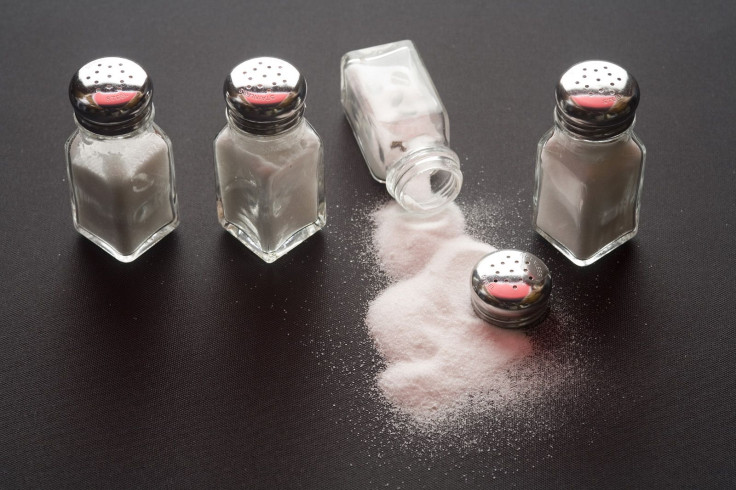New Research Shows Direct Link Between Salt Laden Western Diet And Autoimmune Diseases

For years scientists and doctors have wondered why autoimmune diseases are so prevalent in the western world. The prevailing though has been the "hygiene hypothesis" in which researchers have seen that in countries that were less developed people washed their hands less, were in close proximity to animals and the soil in addition they had had parasites present in their digestive tract. People in these countries had incidence of autoimmune diseases such as Multiple Sclerosis or Rheumatoid Arthritis that were almost non-existent.
Some people have gone as far as infecting themselves with parasites to abate their autoimmune disease.
But new research out today in the journal Nature implicates the high salt western diet in many autoimmune diseases and even shows proof in mice that an increase of dietary salt can make them more susceptible to a version of Multiple Sclerosis.
Researchers were looking into what genes were important in a subset of immune cells called Th17 cells. These cells are known to be found at sites of autoimmunity and cause much inflammation, so understanding how they work could help researchers develop treatments where these cells are the major instigators.
Researchers noticed that a gene called serum glucocorticoid kinase 1 (SGK1) was expressed higher in these cells at certain time points. This gene was known to be important in regulating salt levels in other types of cells.
When researchers made these inflammatory Th17 cells in cell culture in the presence of increased salt they saw that they had higher expression levels of SGK1.
To confirm that increased salt intake could affect the course of an autoimmune disease, researchers used mice that were predisposed to a MS like disease. In mice fed on a higher salt diet the disease progressed significantly quicker and resulted in earlier paralysis of the mice.
"As a physician, I'm very cautious," said David Hafler, a neurologist at Yale University in New Haven, Connecticut, who led the research "Should patients go on a low-salt diet? Yes," he says, adding that "people should probably already be on a low-salt diet" for general health concerns.
The research published in the journal Nature can be found here.



























